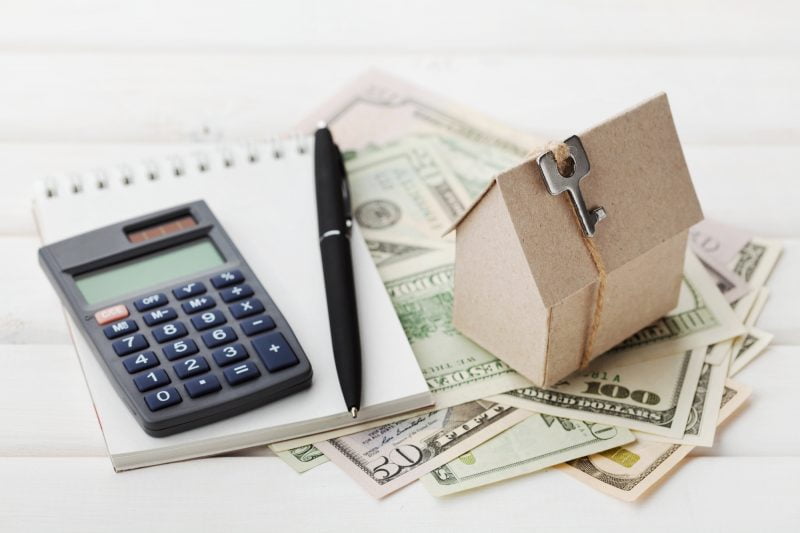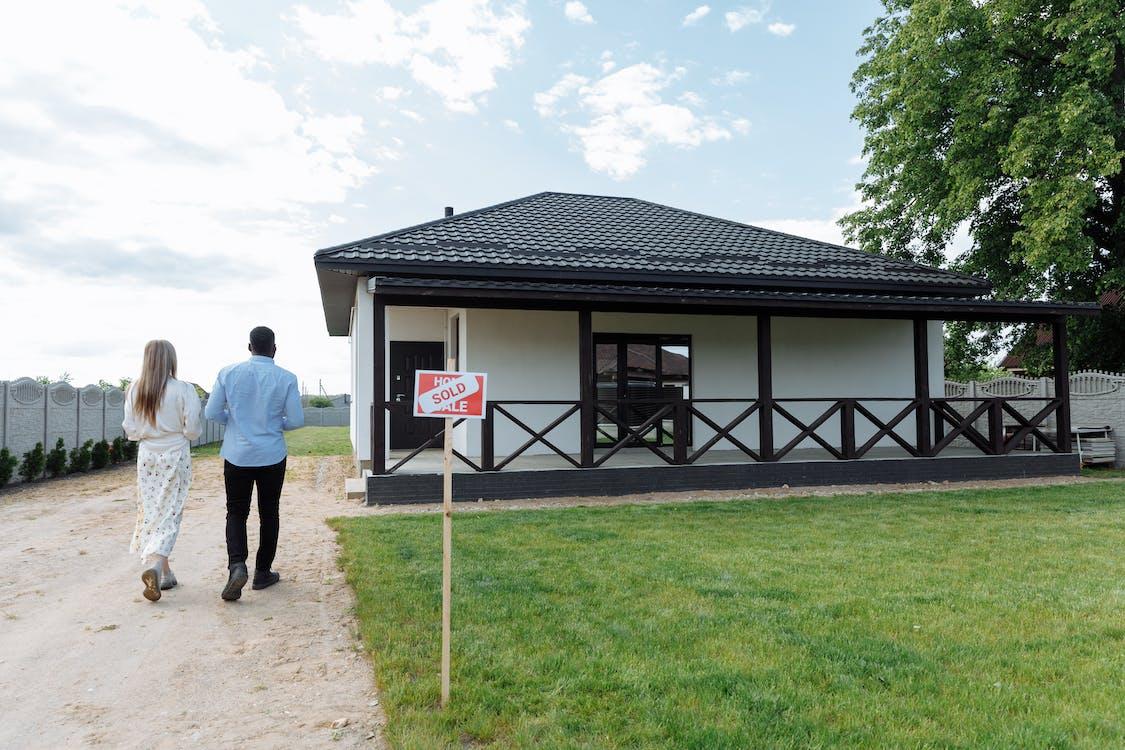Investing in real estate can be an attractive way to build wealth over time. However, like any investment, there are risks involved. Understanding potential returns and how to calculate the return on investment (ROI) is key to making informed decisions. This blog post explores property investment calculators and risk/return analysis for residential rental properties.
Table of Contents
The Allure of Real Estate Investing
Real estate investment offers several appealing advantages that attract investors:
- Wealth accumulation – Historically, property values tend to rise over the course of several decades. This allows real estate investors to steadily build equity and grow their overall wealth. It is a long-term investment strategy.
- Diversification – Investing in real estate can act as a hedge against stock market volatility. Real estate prices don’t necessarily correlate directly with the rises and falls of the stock market. This makes real estate attractive for diversifying an investment portfolio.
- Tangible asset – With real estate, investors can see and experience the physical property. This is different from owning stocks or bonds which exist solely as intangible assets. The tangibility can provide additional confidence and satisfaction.
- Potential cash flow – Income-generating real estate like rental properties provides the opportunity for rental income. This can supplement the regular finances of the investor. Even when the property is not appreciating significantly, the rental income can still make it a worthwhile investment.
- Leverage – Real estate allows investors to utilize leverage through financing like mortgages. This gives the ability to purchase a more expensive property with less capital. If the property appreciates, the gains are magnified through the leverage.
However, real estate investing also requires significant capital to begin with and can be complex or time-consuming to properly manage. Performing thorough due diligence analysis before purchasing any investment property is vital. You can also opt for a free property investment calculator to assess and make the right decision with valuable insights.
Demystifying Return on Investment (ROI)
ROI measures the gain or loss generated on an investment relative to the amount invested. It is calculated as:
ROI = (Gain from Investment – Cost of Investment) / Cost of Investment
ROI can be used to evaluate and compare different investments like stocks, bonds, savings accounts, and real estate. For rental property, key factors affecting ROI include:
- Purchase price
- Renovation/repair costs
- Rental income
- Expenses like taxes, insurance, maintenance
- Financing terms
Calculating ROI for Rental Properties
When buying a rental property, you can pay all cash or utilize financing. Let’s explore both scenarios.
1. ROI for Cash Purchases
For cash purchases, the ROI calculation is straightforward:
ROI = (Net Operating Income – Purchase Price) / Purchase Price
Net Operating Income (NOI) is the rental income minus expenses. For example:
- Purchase Price: $200,000
- Gross Rental Income: $24,000/year
- Expenses: $8,000/year
- NOI = $24,000 – $8,000 = $16,000
ROI = ($16,000 – $200,000) / $200,000 = -18%
Since the ROI is negative, this would not be a good investment with a cash purchase.
2. ROI for Financed Purchases
When financing a property, the ROI formula changes slightly:
ROI = (Net Operating Income – Total Annual Costs) / (Down Payment + Closing Costs + Renovation Costs)
Total annual costs include the mortgage payment, expenses, and remodeling costs if applicable. For example:
– Purchase Price: $200,000
– Down Payment: 20% = $40,000
– Closing Costs: $5,000
– Mortgage Payment: $895/month or $10,740/year (30-year fixed at 4.5% interest)
– Gross Rental Income: $24,000/year
– Expenses: $8,000/year
– Renovation Costs: $10,000
Total Investment = Down Payment + Closing Costs + Renovations
= $40,000 + $5,000 + $10,000 = $55,000
Total Annual Costs = Mortgage + Expenses + (Renovation Costs/Useful Life)
= $10,740 + $8,000 + ($10,000/30 years) = $18,913
NOI = $24,000 – $8,000 = $16,000
ROI = ($16,000 – $18,913) / $55,000 = -5.4%
Though still negative, the ROI improves with financing due to the leverage provided by the mortgage.
The Role of Home Equity
Home equity is the portion of the property value that you actually own, calculated as:
Home Equity = Market Value – Outstanding Mortgage
While equity doesn’t factor into ROI, it represents potential cash-in-hand if you sell or refinance. Gaining equity can make up for lower ROI.
Using ROI Analysis to Guide Decisions
ROI analysis provides an objective measure for evaluating potential deals. It forces you to research all costs before purchasing. If the ROI is negative, you may still proceed, but it signals higher risk. Setting a minimum acceptable ROI helps guide decisions. Ongoing factors like vacancies, maintenance, and market shifts will impact actual ROI. Regularly revisiting your analysis is prudent.
Supplementing ROI With REITs
Another option is real estate investment trusts (REITs) – companies that own and operate real estate. Investing in REITs provides real estate exposure without direct ownership.
Comparison of Rental Property Ownership vs. REITs
| Rental Property | REITs |
| Higher ROI potential | Lower ROI, but more passive income |
| Involves active management | Professionally managed |
| Less diversified | Broad diversification |
| Transaction costs on purchase/sale | Liquid – can buy/sell with lower costs |
| Limited liquidity | Dividends offer steady cash flow |
Key Takeaways
- Calculating the ROI on potential real estate deals provides an objective measure that helps evaluate different opportunities. Having a methodology to analyze ROI results in more informed investment decisions.
- ROI differs considerably depending on whether the property purchase is 100% cash or financed through a mortgage. Investors must factor leverage and borrowing costs into ROI calculations.
- Gaining home equity on a property can help compensate for lower ROI in the early years of ownership. Equity represents potential cash-in-hand when selling or refinancing in the future.
- ROI analysis should not be limited to initial purchase decisions. Regularly revisiting ROI calculations allows investors to gauge the performance of properties in their portfolio as conditions change over time.
- Investing in real estate investment trusts (REITs) know that they offer exposure and diversification to the real estate sector without the hands-on management involved with owning physical property. REITs provide steady dividends too.
- Careful risk and return analysis is key to maximizing rewards and minimizing regrets when investing in rental real estate. Investors who take the time to objectively analyze deals are better positioned for long-term success.
Frequently Asked Questions
1. What ongoing costs impact rental property ROI?
Ongoing costs like taxes, insurance, maintenance, repairs, property management fees, and vacancies will reduce net income and ROI over time. Budgeting for these costs is important.
2. How do vacancies affect ROI?
Vacancies mean no rental income, which directly reduces NOI and ROI. The costs continue regardless. Even one month of lost rent can significantly impact annual ROI.
3. How can REITs improve portfolio diversification?
REITs provide exposure to a broad range of real estate sectors – apartments, retail, offices, etc. This diversification can help offset the risks associated with owning just one or two rental properties.
Final Thoughts
In conclusion, using a property investment calculator for risk and return analysis can be really helpful. It lets you see how risky an investment might be and how much money you could make. Keep in mind that higher returns often come with higher risks.
So, it’s important to balance both and choose investments that match your comfort level. With this property investment calculator, you can make smarter decisions about property investments. Just be sure to consider all the numbers and think about what feels right for you.





